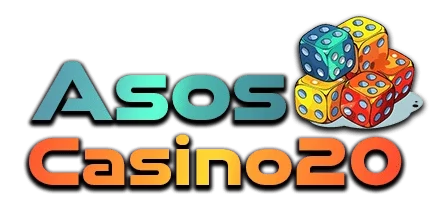Player choice has become one of the most defining elements of modern storytelling, and PlayStation games have embraced it with remarkable ambition. Early titles introduced simple branching decisions, but as technology evolved, choice became a powerful narrative cika 4d tool. Today, many of the best games on PlayStation offer players meaningful agency that shapes the world, the characters, and the final outcome of the story.
Titles like Detroit: Become Human, Until Dawn, and The Witcher 3 exemplify the depth of decision-making available in PlayStation games. Every choice—large or small—can alter relationships or shift the narrative direction entirely. This ability to influence story paths creates an intimate bond between the player and the game. Instead of following a predetermined script, players feel as though they are authoring their own experience.
What makes player choice particularly effective is how it drives emotional engagement. When consequences reflect personal decisions, victories feel more rewarding and failures cut deeper. The best games use this dynamic to create layered storytelling that resonates long after the credits roll. PlayStation games have become masters at blending emotional investment with branching narrative design.
PSP games, though limited by handheld hardware, also explored choice-based storytelling. Titles like Tactics Ogre: Let Us Cling Together and Persona 3 Portable included impactful decisions that shaped relationships and endings. These PSP games demonstrated that even portable experiences could deliver narrative depth and moral complexity, securing their place among the best games of the handheld era.
As PlayStation continues refining decision-driven storytelling, future titles will likely push player agency even further. The evolution of choice promises deeper narratives, richer worlds, and stories that truly adapt to each player’s journey.
